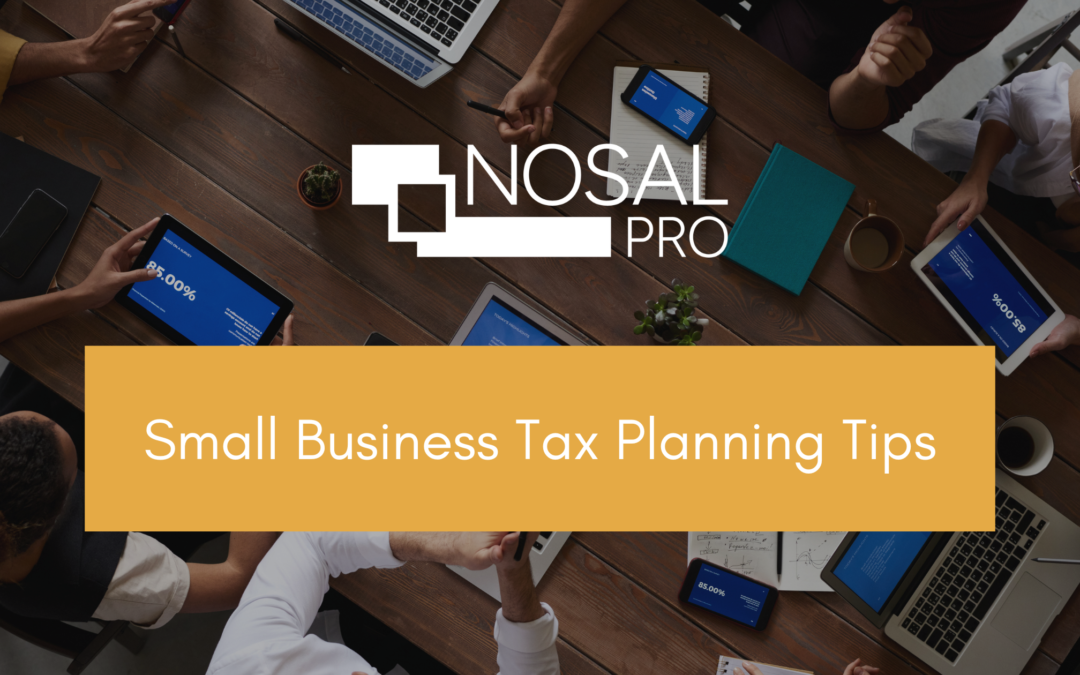Congress has renewed and expanded the Qualified Opportunity Zone (QOZ) program, creating significant new opportunities for investors seeking to defer, reduce, or even eliminate capital gains taxes. Originally established under the Tax Cuts and Jobs Act of 2017 (TCJA), the QOZ program was designed to stimulate investment in low-income communities across the United States. The recently enacted One Big Beautiful Bill Act (OBBBA) not only extends the program but also introduces important modifications that both investors and business owners should understand.
QOZ Basics: A Refresher
Under the original TCJA provisions, taxpayers could defer capital gains by reinvesting them into Qualified Opportunity Funds (QOFs) within 180 days of realizing those gains. These funds are required to hold at least 90% of their assets in QOZ property, which may include:
Qualified QOZ businesses — corporations or partnerships meeting specific
requirements for conducting business within a designated zone; and
New or substantially improved properties — such as commercial buildings,
equipment, or multi-family housing located in a QOZ.
The QOZ framework offered a series of tax benefits for investors, including deferred recognition of gains, step-ups in basis after holding periods of five and seven years, and full exclusion of appreciation on QOF investments held for at least 10 years. Over 8,700 zones were initially designated nationwide, each identified by the U.S. Department of the Treasury based on poverty levels and median income data.
What’s New Under the OBBBA
The OBBBA makes the QOZ program permanent, transitioning to a rolling 10-year designation model. The next set of designations will begin July 1, 2026, with investments eligible as of January 1, 2027. However, the new law narrows eligibility by refining the definition of “low-income community” and eliminating the option for adjacent census tracts to qualify. Key updates under the OBBBA include:
1. Modified Tax Benefits
While gain deferral remains available, the timing and scope of step-up benefits have changed.
Investors will still receive a 10% basis step-up after holding their QOF investment for
five years.
However, deferred gains will now be recognized at the fifth anniversary of the
investment, and the additional 5% step-up available under the TCJA after seven years has
been repealed.
Gains from appreciation on QOF investments held 10 years or longer remain fully
excludable — up to 30 years after the initial investment.
2. Enhanced Incentives for Rural Communities
The OBBBA introduces Qualified Rural Opportunity Funds (QROFs), which must invest at least 90% of assets in rural QOZs. These funds offer more generous tax advantages, including a 30% step-up in basis after five years (compared to 10% for standard QOFs).
3. Heightened Reporting Requirements
Transparency and compliance have become top priorities under the OBBBA. QOFs and QROFs must now report:
Total asset values
The value of QOZ property held
Census tracts where investments are made
Funds must also provide statements to both investors and the IRS when an interest is disposed of. Failure to comply can result in penalties up to $10,000 per report, or $50,000 for funds with over $10 million in gross assets. These rules take effect for tax years beginning after July 4, 2025.
IRS Guidance Clarifies Rural Rules
In Notice 2025-50, the IRS provided additional clarity around rural opportunity zones. Notably, a “rural area” is defined as any location outside of:
Cities or towns with populations exceeding 50,000; and
Urbanized areas adjacent to such cities or towns.
The IRS estimates that approximately 3,300 existing QOZs qualify as rural. For properties in these areas, the “substantial improvement” test is relaxed: qualifying improvements need only exceed 50% (rather than 100%) of the property’s adjusted basis within 30 months.
Looking Ahead
Most of the OBBBA’s enhanced provisions apply to investments made after December 31, 2026. This provides investors, fund managers, and business owners time to evaluate new opportunities and position themselves for the next phase of the QOZ program. As the IRS continues to issue additional guidance, proactive tax planning will be key. If you’re considering an investment in a Qualified Opportunity Fund — or want to understand how these changes may impact your broader tax strategy — contact your CPA or tax advisor to explore your options.










